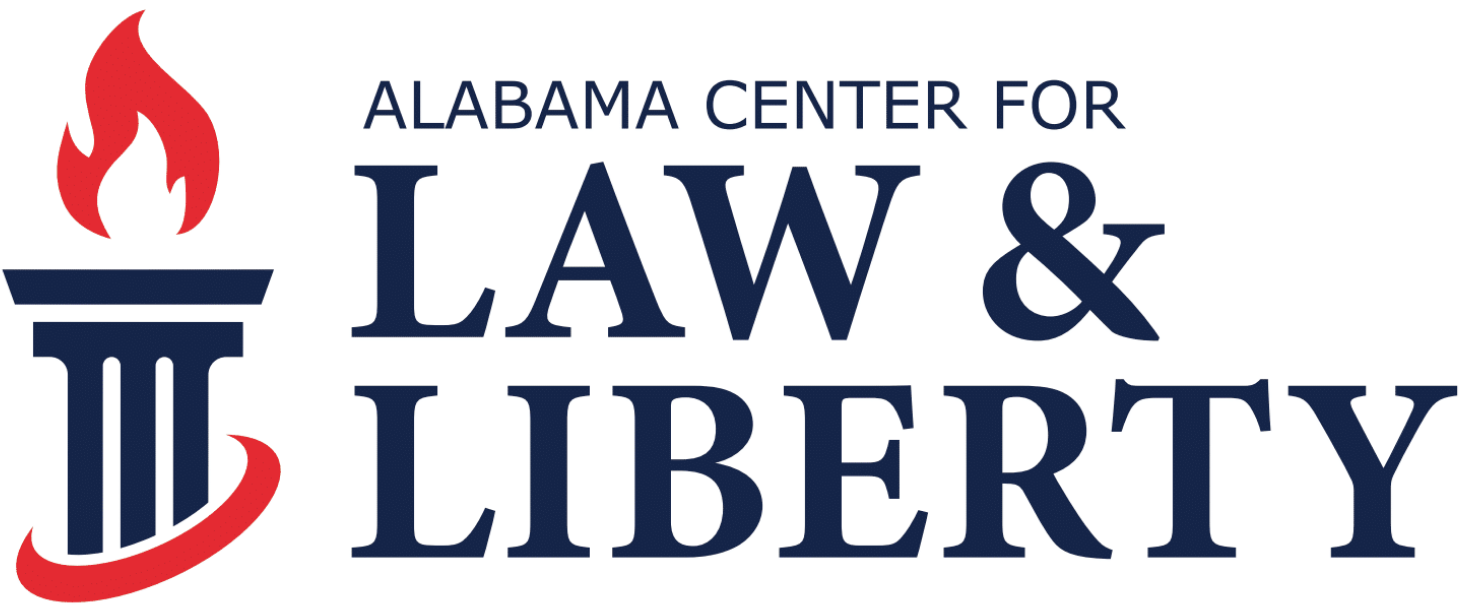Creger
v.
United Launch Alliance
ACLL Role: Counsel
Case Start Date: November 12, 2021
Deciding Court: Alabama Department of Labor
Original Court: U.S. District Court for the Northern District of Alabama
Practice Area(s): Limited Government, Free Markets
ACLL Role:
Case Start Date:
Deciding Court:
Original Court:
Practice Area(s):
Counsel
November 12, 2021
Alabama Department of Labor
U.S. District Court for the Northern District of Alabama
Limited Government, Free Markets
CASE SNAPSHOT
In the fall of 2021, United Launch Alliance, a company doing business in Decatur, Alabama, announced that it would require its employees to get vaccinated against COVID-19. While the initial announcement said that employees would be allowed to apply for religious and medical exemptions, by the time that the mandate was implemented, it appeared that the company was not granting exemptions. Part of the company’s justification for denying the exemptions was that it was too hard on the company, but it also stated that less than 1% of its employees were unvaccinated. Due to ULA’s failure to accommodate its employees’ requests, ACLL filed a class-action suit on behalf of five ULA employees whose requests were denied and on behalf of all ULA employees similarly situated.
STATUS
On December 6, 2021, the Alabama Department of Labor overruled ULA’s decision to deny our clients’ accommodation requests.
FOR THE MEDIA

CASE SUMMARY
Background
In 2021, the FDA authorized three vaccines against COVID-19, initially approving them on an emergency basis only. These vaccines were developed in connection with an aborted fetal cell line, raising questions among many religious Americans about whether it was ethical to use them. Among such religious Americans were five employees of United Launch Alliance: Hunter Creger, Benjamin Eastman, Sherrie Maine, Lance Norwood, and Zachary Breland.
In August 2021, United Launch Alliance, which has a presence in Decatur, Alabama, announced that its employees would have to be vaccinated as a condition of their employment. The company assured its employees that they would be allowed to apply for religious and medical exemptions, as Title VII of the Civil Rights Act and the Americans with Disabilities Act require. All five of the employees named above applied for religious exemptions, because their Christian beliefs about the personhood of unborn children did not allow them to take the vaccine in good conscience. In addition, Ms. Maine applied for a medical exemption on natural-immunity grounds, because she still had the antibodies from fighting off COVID-19. Mr. Breland likewise applied for a medical exemption when his physician said that he had an underlying medical condition that the COVID vaccine would aggravate.
Despite ULA’s assurances that its employees would be able to apply for exemptions, the company denied its employees’ exemption requests, in part because, in the company’s view, accommodating so many employees would be too hard on the company. Whether ULA granted any requests is not known at this time. However, despite the claim that accommodating their employees would be too hard, ULA also issued a statement saying that only 1% of their employees were unvaccinated, which makes one wonder whether accommodating 1% of their employees would be too hard.
All five employees began the process of filing charges with the Equal Employment Opportunity Commission (“EEOC”). Nevertheless, when the EEOC had not responded, the days were approaching where these employees would be facing disciplinary action, including termination, for declining to take the vaccine.
Seeking Emergency Relief in Federal Court
To try to stop these employees from being fired, ACLL sued in the United States District Court for the Northern District of Alabama, seeking a temporary restraining order and preliminary injunction on behalf of these five ULA employees and all others similarly situated. Normally, one has to wait for the EEOC to make a decision before one sues. However, because there was precedent saying one could seek an injunction while waiting on the EEOC, ACLL sought that injunction to stop the plaintiffs from getting fired while the EEOC was deciding what to do. Several suits like this around the country had been successful in response to similar vaccine mandates.
ACLL was joined by constitutional scholar John Eastman of the Constitutional Counsel Group in representing the plaintiffs.
After receiving a briefing from the parties, the United States District Court for the Northern District of Alabama declined to issue an injunction on behalf of the plaintiffs.
Seeking Relief in the Alabama Department of Labor
However, at the same time that this litigation was developing, Alabama passed a law allowing Alabama employees whose religious and medical exemptions were denied to appeal to the Alabama Department of Labor. The law provided that employers must grant religious exemptions and also must grant medical exemptions if the applications were supported by a doctor’s note.
Consequently, the five plaintiffs in this case appealed to the Alabama Department of Labor. On December 6, 2021, an administrative law judge for the department of labor overruled ULA’s decision to deny the plaintiffs’ religious and medical exemption requests.
Importance to Limited Government and Free Markets
While ACLL is in favor of free markets, it also believes that in matters of religion, nobody, including one’s employer, may force a person to violate his religious beliefs. Because religious liberty is an unalienable right, nobody may force a person to violate their duties to God. While there are exceptions (such as a religious institution having the authority to ensure that their employees’ religion aligns with its own), the general rule is that companies should try to work out accommodations for employees’ religious practices.
Moreover, because the COVID vaccines are so new, their long-term effect on a person’s health is unknown. While reasonable minds can differ on whether conservative principles dictate leaving employers alone or protecting individual liberty regarding healthcare decisions, the people of Alabama have decided that in this state, individual liberty wins. Consequently, employers in Alabama should also accommodate medical exemption requests from the vaccine.
Alabama Center for Law & Liberty 2213 Morris Ave, Floor 1 Birmingham, AL 35203 256-530-0519
The Alabama Center for Law and Liberty is Christian non-profit law firm.
©Alabama Center for Law & Liberty. All rights reserved.
